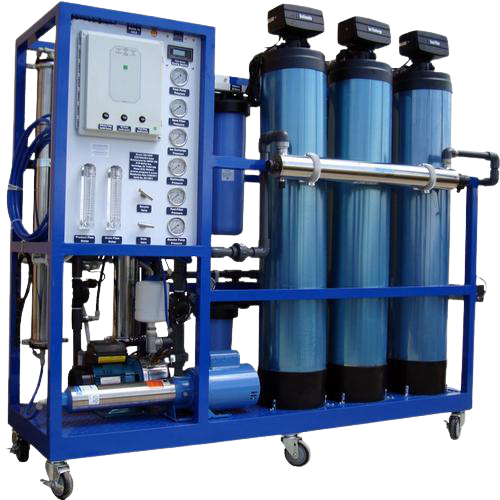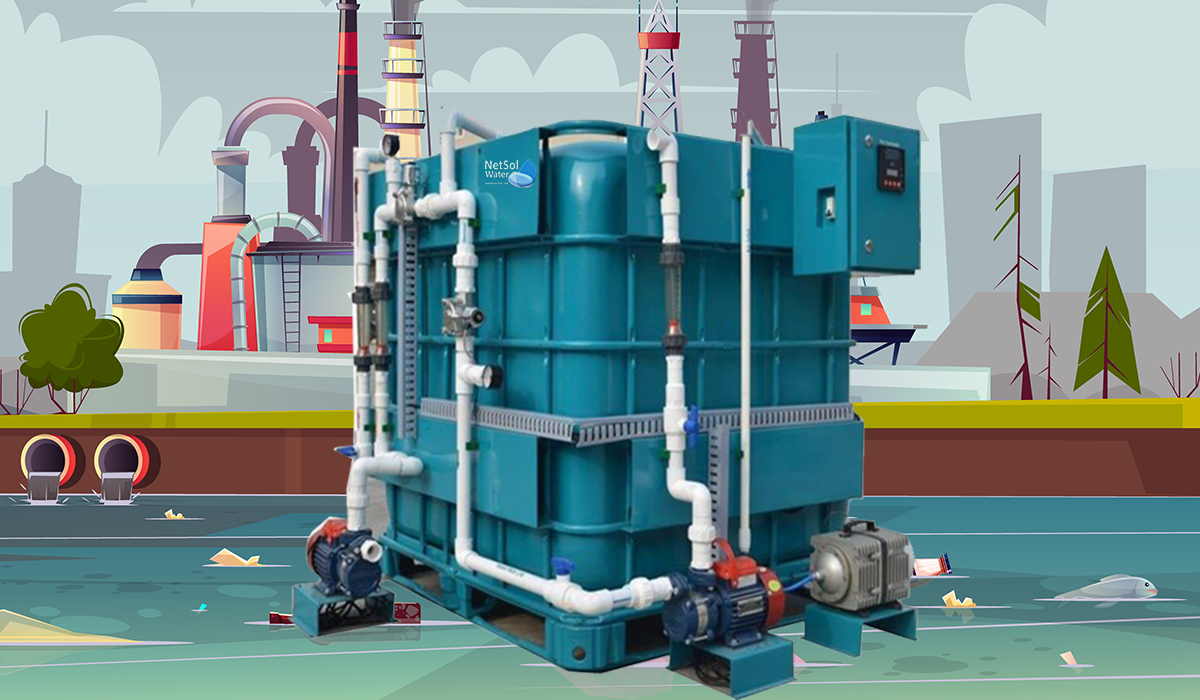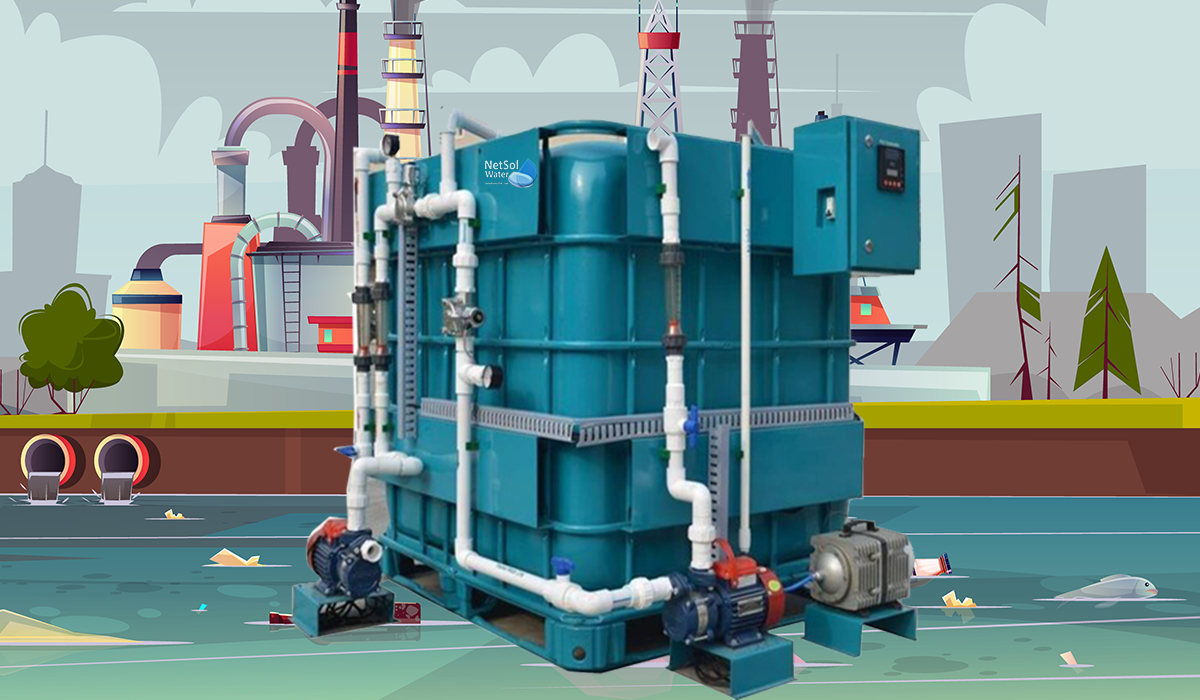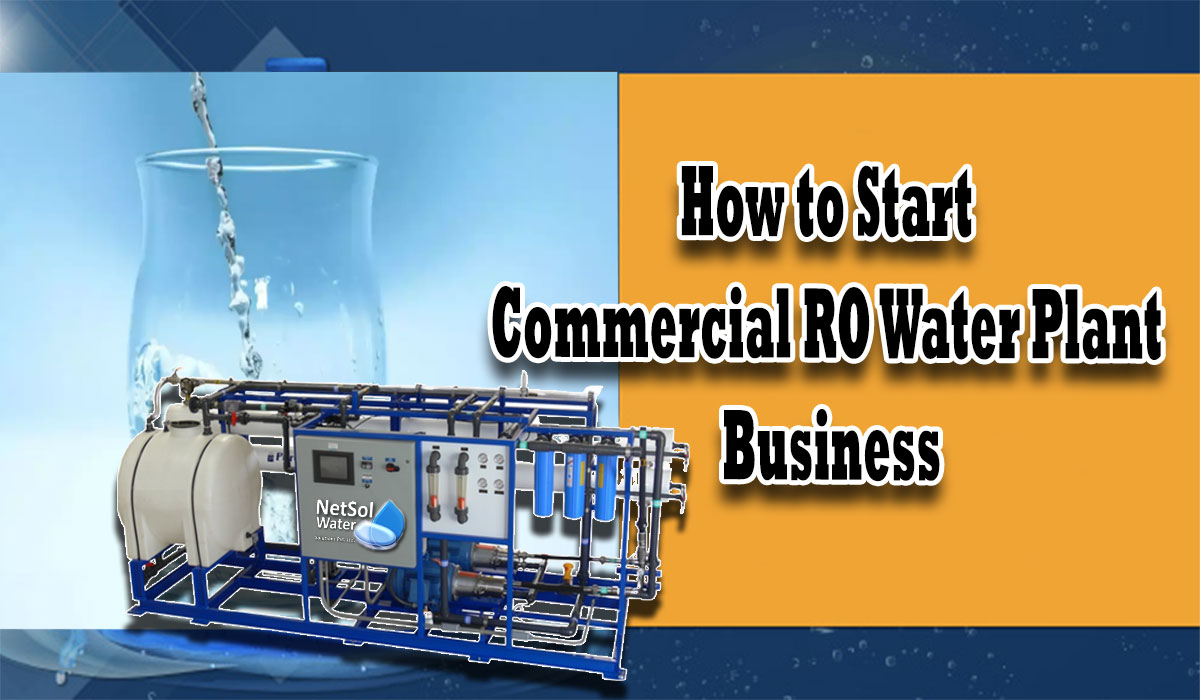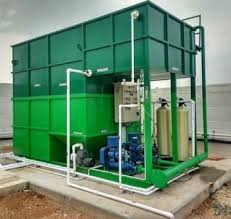How to Start a Commercial RO Plant Business: A Step-by-Step Guide
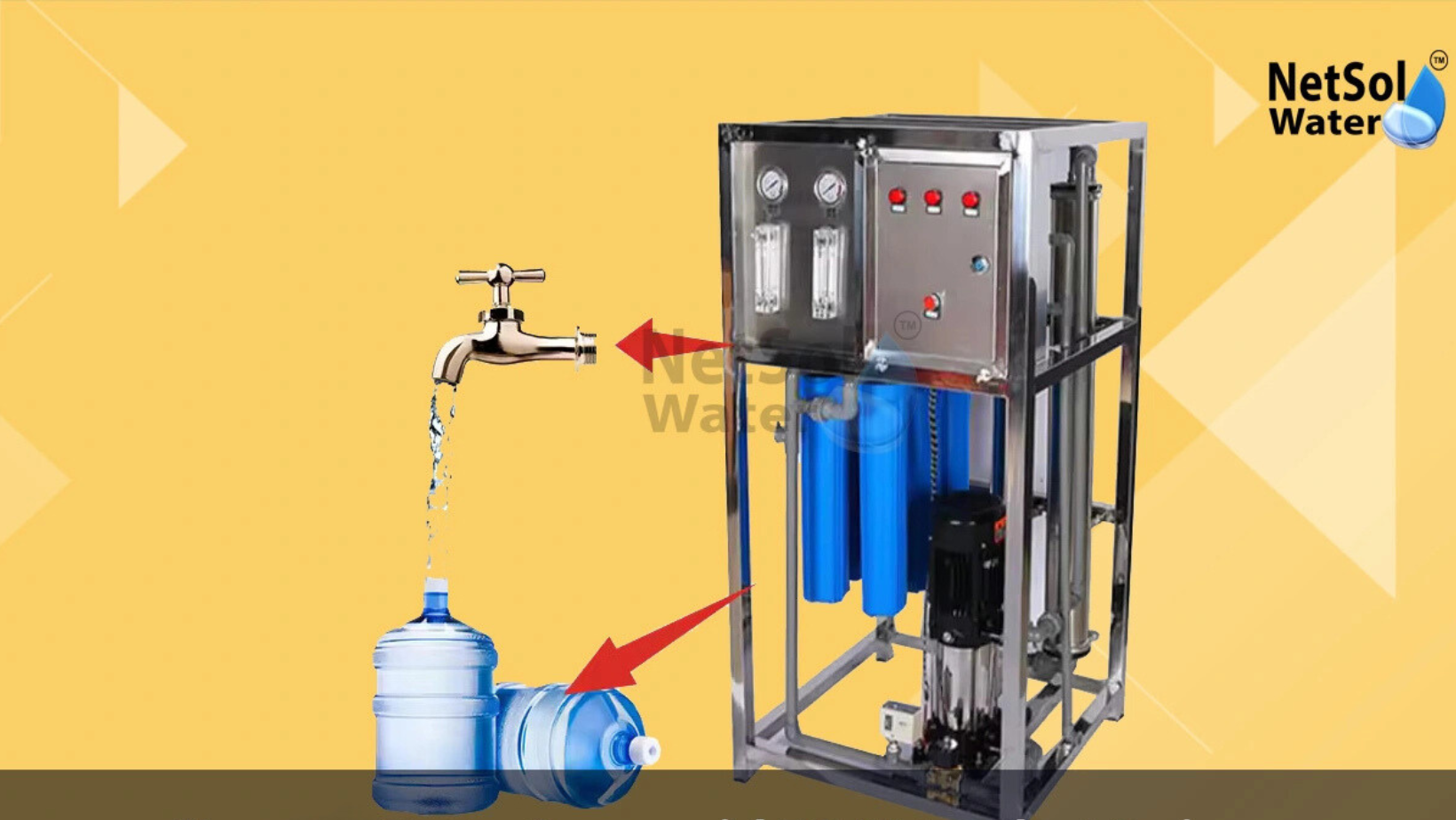
Strong 8k brings an ultra-HD IPTV experience to your living room and your pocket.
The demand for clean and safe drinking water has risen exponentially in recent years. As people become more health-conscious and aware of water pollution, the need for water purification systems, especially Reverse Osmosis plants, has skyrocketed. If you're thinking about venturing into the water purification industry, If you want to start a commercial RO plant business could best lucrative opportunity. This blog will guide you through the essential steps to get your business up and running.
1. Understand the RO Technology
Before diving into the business side, it’s important to understand the basics of Reverse Osmosis (RO) technology. RO is a water purification process that removes contaminants by forcing water through a semi-permeable membrane. The technology is widely used in industries, homes, and municipalities to ensure clean, drinkable water. Familiarizing yourself with the working principles of RO systems will help you manage your business more efficiently.
2. Conduct Market Research
To start any business, conducting thorough market research is essential, and the RO plant business is no exception. Begin by analyzing your target market:
Demand: Who are your potential customers? Look into residential areas, businesses, hospitals, and industries that might require purified water.
Competition: Identify existing RO plant businesses in your area and study their strengths and weaknesses.
Pricing: Determine the current pricing trends for bottled water and water purification services. This will help you set a competitive price for your offerings.
Market research will give you insights into how you can position your business effectively.
3. Create a Business Plan
A well-structured business plan is the backbone of any successful business. It should outline your business objectives, target audience, and financial projections. Include the following in your business plan:
Capital Investment: Calculate the initial investment required for setting up the plant, which includes equipment, land, licensing, and marketing.
Operational Costs: Estimate ongoing expenses like labor, maintenance, utilities, and raw materials.
Revenue Streams: Identify how you plan to make money. For example, you might sell bottled water, offer water purification services, or both.
Having a business plan will not only help you stay focused but also assist in securing funding if needed.
4. Choose a Suitable Location
The location of your RO plant plays a critical role in the success of your business. Ideally, you should choose a location with easy access to water sources, good transportation, and proximity to your target market. Ensure that the facility has enough space for water treatment equipment, storage, and distribution vehicles. Additionally, consider factors like electricity and water availability, as these will be essential for running the plant.
5. Legal Formalities and Licenses
Before starting your commercial RO plant business, you need to obtain the necessary licenses and permissions from local authorities. Some common licenses required include:
Business Registration: Register your business under the appropriate legal structure, whether it's a sole proprietorship, partnership, or company.
Pollution Control Certificate: Since water treatment can generate waste, you’ll need to comply with environmental regulations and obtain a pollution control certificate.
FSSAI License: If you're selling bottled water, you'll need a license from the Food Safety and Standards Authority of India (FSSAI) or equivalent regulatory body in your country.
BIS Certification: This ensures that the water you produce meets the quality standards set by the Bureau of Indian Standards (or its equivalent).
It’s advisable to consult with a legal expert to ensure you're meeting all the legal requirements.
6. Purchase the Right Equipment
Investing in high-quality equipment is crucial for the efficient operation of your RO plant. Some essential machinery includes:
Water Treatment Plant: The core of your business, this plant will filter, purify, and process water.
Filling and Packaging Machines: If you plan to sell bottled water, you'll need machines to fill, cap, and label the bottles.
Storage Tanks: You'll need tanks for storing raw water and treated water before it’s bottled or distributed.
Water Testing Equipment: Quality control is essential, so make sure you have testing equipment to regularly check water purity levels.
Ensure that the equipment you purchase is durable, easy to maintain, and energy-efficient.
7. Set Up a Strong Supply Chain
A reliable supply chain is vital for any manufacturing business. For your RO plant, you’ll need to establish relationships with suppliers for bottles, caps, labels, and raw materials (such as filters and membranes). Additionally, you'll need a distribution network to deliver the purified water to your customers. Partnering with local retailers, grocery stores, or corporate clients can help in getting your product to the market.
8. Hire and Train Your Workforce
Running a commercial RO plant requires a skilled workforce. You'll need to hire technicians to manage the machinery, quality control personnel to ensure the purity of the water, and logistics staff for distribution. It's also crucial to train your employees on the RO technology, safety standards, and proper hygiene practices.
9. Marketing and Branding
Once your plant is up and running, the next step is to promote your business. Create a strong brand identity that highlights the purity and quality of your water. Some effective marketing strategies include:
Online Presence: Build a website and leverage social media platforms to reach your target audience.
Local Advertising: Distribute flyers, place ads in local newspapers, and use billboards to increase visibility.
Corporate Clients: Approach offices, hotels, and hospitals to offer bulk water supply.
Offering promotions or discounts can also help in attracting initial customers.
10. Ensure Continuous Maintenance and Quality Control
Finally, maintaining your RO plant is crucial to the long-term success of your business. Regularly check your equipment for wear and tear, replace filters as needed, and perform routine maintenance to avoid breakdowns. Quality control should be a priority, ensuring that the water you supply meets safety standards at all times.
Conclusion
Starting a commercial RO plant business can be a profitable venture if executed properly. By understanding the technology, conducting market research, securing the right location, and focusing on quality and customer satisfaction, you can establish a successful business in the growing water purification industry. If you're looking to purchase high-quality equipment, consider reaching out to a commercial RO plant manufacturer in Noida for reliable and cost-effective solutions.
Note: IndiBlogHub features both user-submitted and editorial content. We do not verify third-party contributions. Read our Disclaimer and Privacy Policyfor details.



